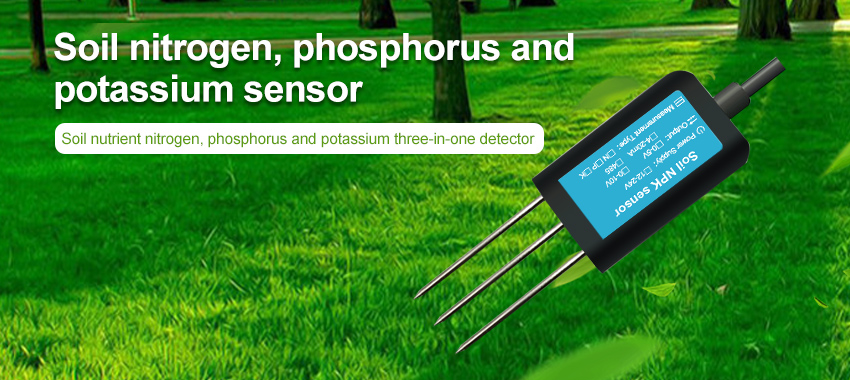Agriculture has always been one of the most important industries in human history, but as our global population continues to grow, we're facing an ever-increasing need for more food. While traditional farming practices have served us well for centuries, they often require large amounts of resources such as water and fertilizers, leading to concerns about long-term sustainability. Fortunately, recent innovations in soil sensor technology are enabling farmers to maximize their crop yields while minimizing environmental impact.
What are Soil Sensors?

Soil sensors are small devices that can be placed directly into the soil to provide real-time data on key parameters such as moisture, temperature, nutrient levels, and salinity. These sensors are able to measure soil conditions with high accuracy and reliability, providing farmers with the detailed information they need to optimize plant growth.
Advantages of Using Soil Sensors
One of the main advantages of using soil sensors is that they enable farmers to make more informed decisions about irrigation and water management. By monitoring soil moisture levels and predicting plant water uptake, farmers can apply just the right amount of water at the right time, reducing water waste and improving crop yields. Additionally, precision soil sensors allow farmers to track changes in soil moisture over time, providing early warning signs of potential crop stress or waterlogging issues.
In addition to optimizing water usage, soil sensors also improve efficiency by minimizing fertilizer waste. By accurately measuring nutrient levels in the soil, farmers can fine-tune their fertilization schedules to match the needs of each crop. This reduces excess fertilizer runoff and leaching into groundwater, which can lead to environmental damage and reduced soil fertility over time.
Another advantage of soil sensors is that they enable a more targeted and efficient use of pesticides. By identifying areas of the field that are most at risk for pests or disease outbreaks, farmers can apply pesticide treatments only where needed, reducing overall pesticide usage and minimizing exposure to harmful chemicals.
Finally, soil sensors promote sustainable farming practices by reducing resource waste and protecting the environment. By optimizing irrigation and fertilization schedules, farmers can reduce overuse of water and fertilizers, leading to lower costs, fewer negative environmental impacts, and improved soil health over time.
Challenges and Opportunities
While soil sensors offer significant benefits for farmers, there are also challenges associated with their use. One of the main challenges is the cost of purchasing and installing sensors, which may be prohibitive for some farmers. Additionally, interpreting data generated by these sensors requires specialized knowledge in data analysis and machine learning techniques.
Despite these challenges, soil sensors present a tremendous opportunity for promoting sustainable agriculture and improving food security. With advances in sensor technology and machine learning algorithms, we can expect even more sophisticated sensing solutions that offer greater insights into crop growth and health. As awareness of the importance of sustainable farming practices continues to grow, there will likely be increased demand for soil sensors and related technologies.
Conclusion
Soil sensors are a game-changer for agriculture, helping farmers to better manage their resources and increase their yields while simultaneously reducing the impact on the environment. By measuring soil moisture, temperature, nutrients, and other parameters, soil sensors provide invaluable information to farmers so they can make more informed decisions about their crops. While implementation of this technology comes with its own set of challenges, it's clear that the benefits far outweigh the costs. As the world population continues to grow and food security becomes an ever-increasing concern, innovative technologies like soil sensors will play a vital role in ensuring that we're able to continue producing enough food for everyone, today and in the future.






